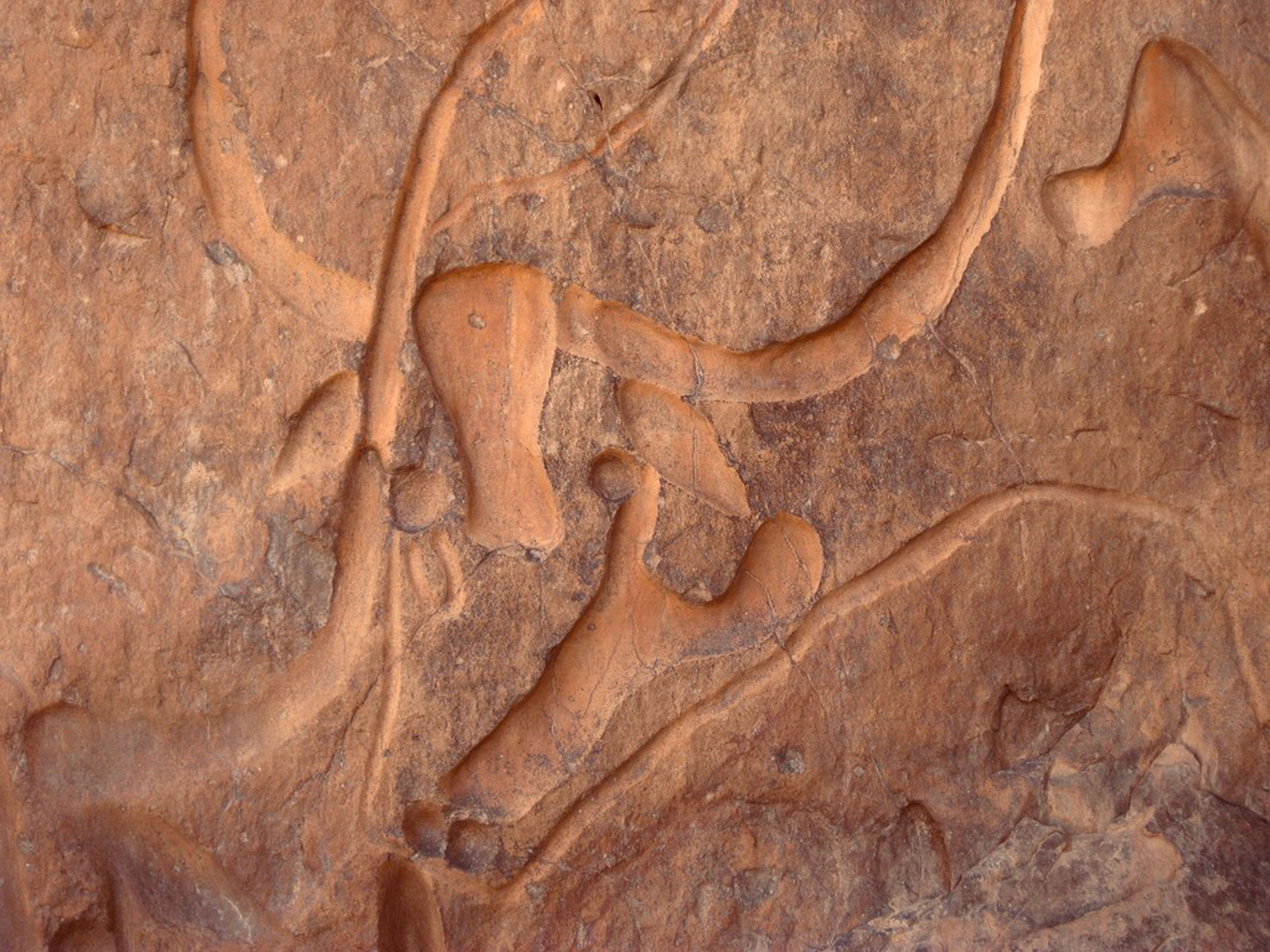Queer EcologyThe Science Underground
Question traditional scientific paradigms and illuminate your understanding of the world and nature through the lens of queer theory.
taught by Dr Patricia Kaishian
Explore queer ecology through a case study on mycology. We'll consider how our scientific understanding of mushrooms has been influenced by mycophobia, a fear of fungi. Connecting mycophobia to queerphobia, we'll discuss how cultural views limit our understanding of fungal systems.

Chapter 1
Introductions and Mycology as a Queer Discipline

Chapter 2
Q&A: Introductions and Mycology as a Queer Discipline
Explore endosymbiotic theory, a concept introduced by Dr. Lynn Margulis in 1967 in her work "On the Origin of Mitosing Cells." Rejecting the focus of competition, Margulis explores how living things work together through mutualism, cooperation, and vitality. Even though her paradigm shifting theories were ...

Chapter 1
Symbiotic Planet

Chapter 2
Q&A: Symbiotic Planet
Explore how ecological knowledge has been shaped by capitalism, economic theories, and the eugenics movement. We'll dive into readings by biologists who aim to challenge, rethink and recast our understanding of how organisms interact.

Chapter 1
Diversity Paradox

Chapter 2
Q&A: Diversity Paradox
Shift from the work of biologists to environmental humanities texts by Myra Hird and Stacy Alaimo. We will explore concepts like transgression, non-linearity, embodiment, and trans-corporeality to enhance our understanding biological realities, including queerness.

Chapter 1
Naturally Queer

Chapter 2
Q&A: Naturally Queer
We explore the fertile soil beneath both queer ecology and Traditional Ecological Knowledge. We will discuss where they cooperate and amplify one another, and where they are in tension. Patty talks about future directions — queer and liberatory futures — both personally and collectively.

Chapter 1
Kincentric Ecology

Chapter 2
Q&A: Kincentric Ecology
Queer Ecology is an emerging and shapeshifting field that can be approached in various ways. Patricia Ononiwu Kaishian defines her approach to queer ecology as the exploration of biological systems using a queer and feminist theoretical lens. This interdisciplinary framework looks critically at knowledge formation, pushing back against long held perspectives in the sciences. While queer theory most directly interrogates the normative structure of heterosexuality both in humans and in biology more broadly, these studies include analyses of hierarchy, power, and value.
Queer Ecology can be used to examine phenomena such as climate change, extinction, pollution, species hierarchies, agricultural practices, resource extraction, and human population debates — all of which are deeply tied to cultural valuations of the natural world. In this course, we will explore the realms of queer theory, which is threaded with knowledge from ecofeminism, philosophy of science, and Traditional Ecological Knowledge.
Centered in Patricia’s approach to queer ecology are liberatory principles for humans and non humans alike. This course aims to work with scientific knowledge in a rigorous way while also challenging faulty, extractive, and eugenicist logics that have become embedded in contemporary thought.
Students will become familiar with both a key selection of biological and philosophical literature, learning to apply the teachings of queer theory to case studies in science. The course will be reading intensive, with the hopes that conversations held together can be multifaceted and layered, while also grounded and applicable to real world problems.
- 6 Modules
- 6 Sessions
- 1 Teacher
- Curated reflections and resources
- Community discussion area
- Become familiar with a selection of influential texts in biology, queer theory, and adjacent philosophical realms
- Identify contact points between biologists and humanities scholars
- Explore case studies in queer ecology
- Participate in an immersive observational sit spot practice throughout the duration of course
- Collectively imagine liberatory futures for all life, and endeavor to connect these ideas to tangible outcomes


